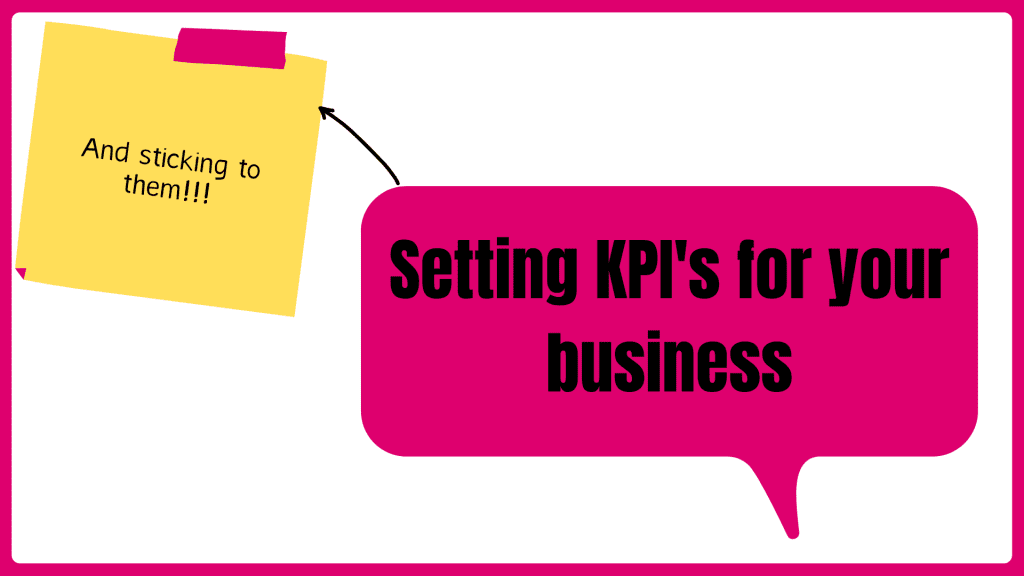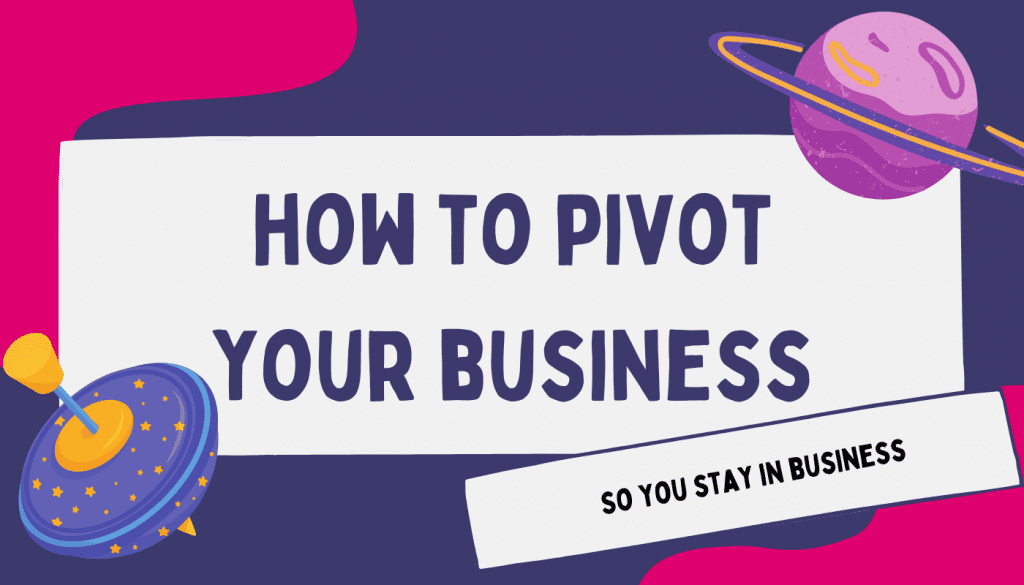
KPIs (Key Performance Indicators) are metrics that tell you if what you’re doing is working or not. As you can…

KPIs (Key Performance Indicators) are metrics that tell you if what you’re doing is working or not. As you can…

In today’s competitive business world, it is not uncommon for people to do their own bookkeeping and accounting. There are…

If you want to build your business (not your workload) and you want to spend time on doing the things…

According to business start-up statistics in the UK, 20% of businesses fail in their first year and around 60% will…

When asked “What does an accountant do?” many people answer with accounts, tax or compliance work. While that’s true, what…

Your profit margin is how much money you actually get to walk away with after a transaction is complete (revenue…

For a business to grow sustainably (and to successfully make it through the financial bumps in the road), cash flow…

Two sports teams both have the goal to win the game at hand, but only one can. This shows that…

As we keep plunging deeper into a global recession, it can be tempting to panic and dither with decisions, but…

As author Dough Hall correctly put it, “if your profit margins aren’t rising, chances are your company isn’t thriving.” Makes…